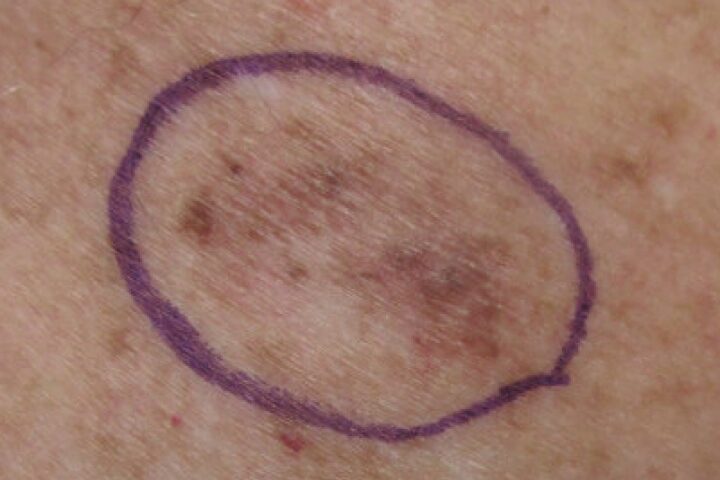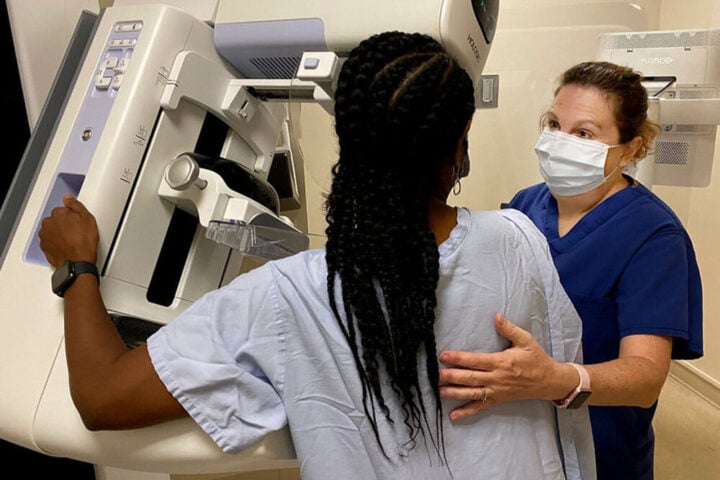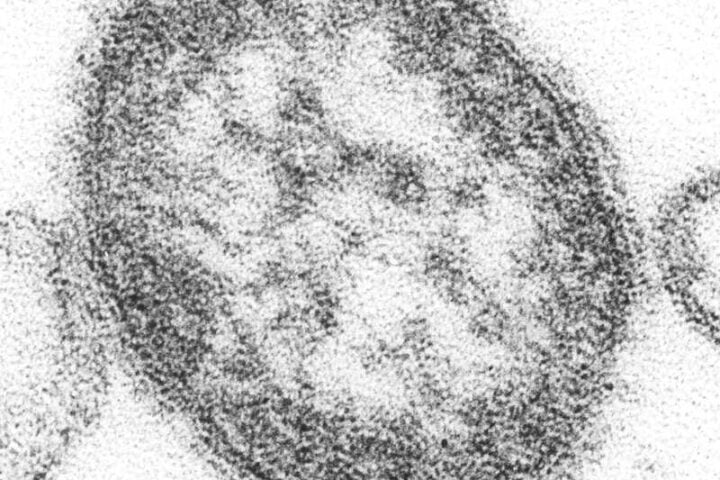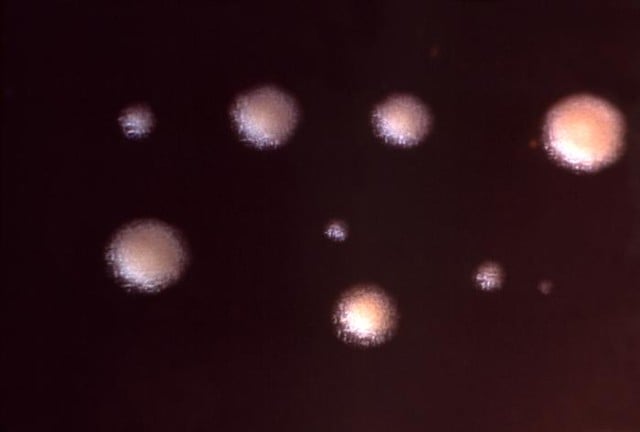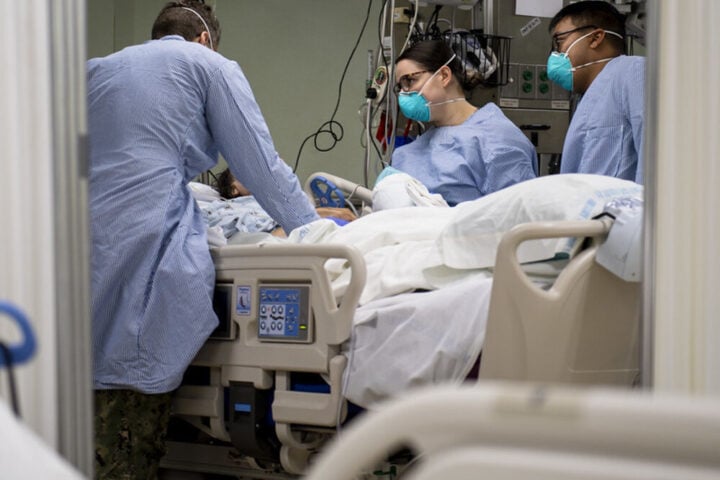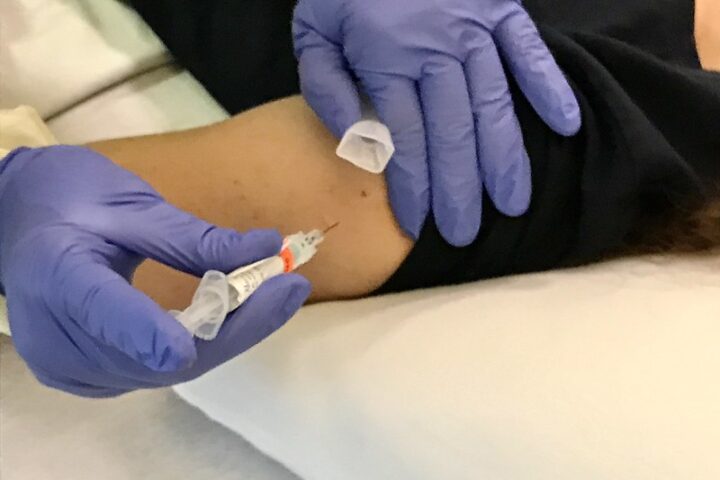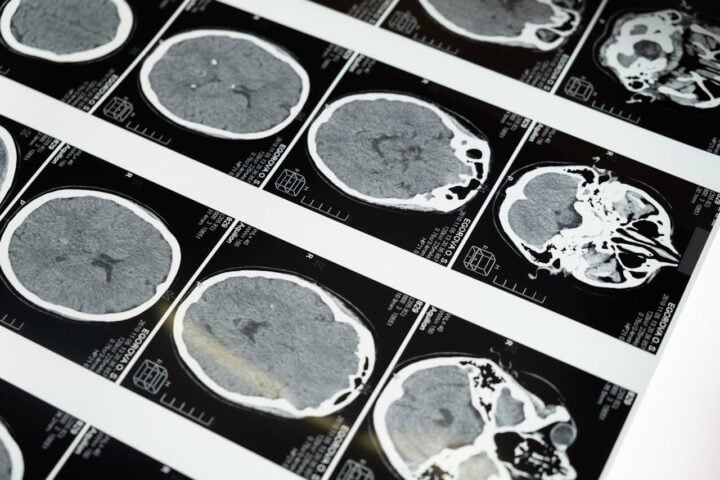Scientists in China have made a startling discovery: microplastics are present in human heart tissues. This revelation emerged from a pilot study conducted on individuals who underwent cardiac surgery. “Everywhere scientists look for microplastics, they’ve found them — in food, water, air, and now, even in parts of the human body previously thought safe.” The study in ACS’ Environmental Science & Technology highlights serious worries about microplastics affecting human health.
Microplastics, tiny fragments less than 5 millimeters wide, have been known to infiltrate the human body through various external means. However, the presence of these particles in organs fully enclosed within the body was previously uncharted territory. Kun Hua, Xiubin Yang, and their team embarked on this research to determine if these particles had breached the human cardiovascular system. Heart tissue samples from 15 participants and blood specimens from half of them, taken before and after cardiac surgeries, were meticulously analyzed. Advanced laser direct infrared imaging revealed particles ranging from 20 to 500 micrometers, made from diverse types of plastic. “Most tissue samples contained tens to thousands of individual microplastic pieces, showcasing the extent of internal contamination.”
The blood samples also contained plastic particles, but post-surgery, their average size decreased, and they originated from a broader range of plastics. This suggests that invasive medical procedures might inadvertently introduce microplastics, granting them direct access to our internal systems. The study found that microplastics can build up in the heart, surprising the medical community. “The presence of microplastics in the heart is not merely a medical anomaly but a reflection of a larger, looming environmental crisis.” Researchers stress the need for detailed studies on microplastics’ impact on the heart. The study also raises questions about the prognosis for patients post heart surgeries in a world increasingly contaminated by microplastics.
Similar Post
The American Chemical Society (ACS) has been a beacon in promoting scientific excellence and disseminating critical chemistry-related information. “This study is a testament to ACS’s commitment to advancing scientific knowledge for the betterment of humanity.” The growing presence of microplastics worldwide highlights the urgent need to tackle their effects on our health and environment. This discovery is a clear call to action against this threat. “It’s not just about the environment; it’s about the very heart that beats within us.”
The presence of these particles in our most vital organ underscores the need for immediate action. Everyone, including scientists and policymakers, needs to unite for sustainable solutions. “The heart of the matter is clear: microplastics are everywhere, and their impact is far more profound than we imagined.” The study concludes with a call to action, urging the global community to delve deeper and act faster. In a world where the unseen threat of microplastics looms large, this research is a clarion call for change. Together, with science and teamwork, we can address the hidden dangers of microplastics to our health and world.




